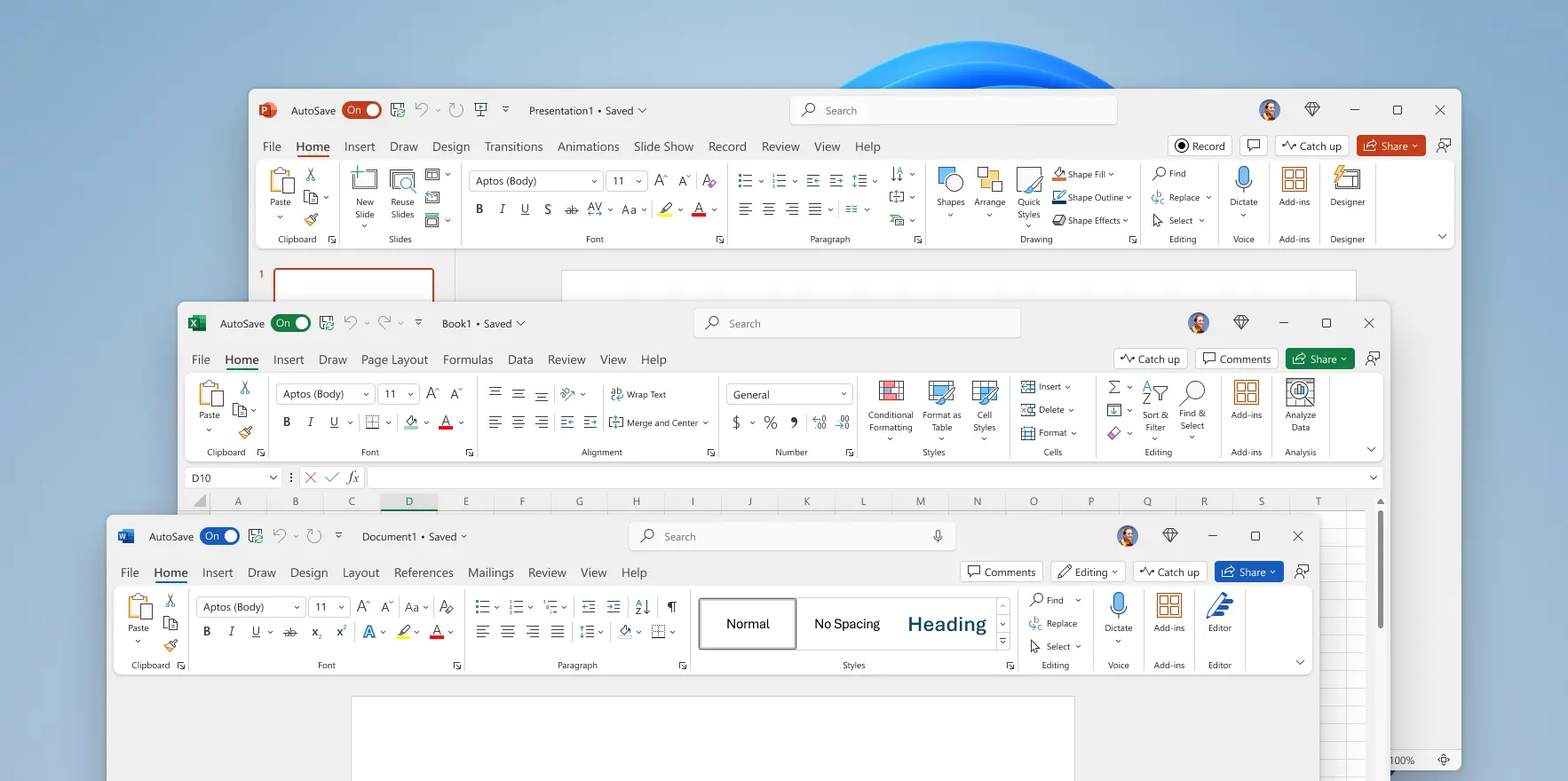Why did UI’s turn from practical to form over function?
E.g. Office 2003 vs Microsoft 365

It’s easy to remember where everything is with a toolbar and menu bar, which allows access to any option in one click and hold move.

Seriously? Big ribbon and massive padding wasting space, as well as the ribbon being clunky to use.
Why did this happen?


The cynical but probably truer than we’d like to admit answer is “middle managers who bring nothing to the table but need to ‘make big changes’ to justify that promotion they’ve been chasing.”
Source: Pretty much all corporations at this point have these people, my sister’s ex-husband is one at Google.
Change for the sake of change is so dumb. I’m tired of pointless UI changes every so many years because some middle manager and their designers need to wow some dumb exec to get a promotion and they do so just by rearranging all the existing functionality because the product itself is already a complete solution that doesn’t actually need a new version. Sadly, this mentality even creeps into FOSS spaces. Canonical and Ubuntu wanting to reinvent the wheel with Unity, Mir, Snap, etc. GNOME radically changing their UI all the time.
To be fair to the Open Source community, Canonical is a private company, and so it’s not really a shocker that they keep promoting bullshit tied to their own ecosystem. Especially with someone like Mark Shuttleworth involved, he was one of the early rich out of touch space tourists, long before Bezos looked like an idiot coming back from space. The profit motive always infects everything it touches.
Complete side note, I saw your pfp and checked your profile to confirm my suspicions. Thank you for your work on OpenRGB! It’s been a great tool for managing the LEDs on my computer.
Gnome does not radically change their design all the time.
The last time they did that was Gnome 3, which came out 13 years ago, and how it was going to work was showcased 16 years ago.
And you may think it was change for the sake of change, but I’d disagree. The workflow is amazing. Using anything else just feels clunky to me now.
The changes made in Gnome were based on UX usability studies, not just changing shit for the sake of changing it.
You’re mistaking your dislike of Gnome not operating like a traditional windows-like UX for it being objectively bad.
I’m of the opinion that Microsoft didn’t actually invent the perfect UX in the early 90s, and we therefore should not be bound to those UX ideas.
This is so true of so many companies nowadays. The fact of the matter is that the big leaps in profit/efficiency/effectivness have basically all happened in most of these industries and so often people are pressed to make these sweeping changes because there isn’t any real way to improve on a system like this.
Reading Ed Zitron’s coverage of the Google antitrust cases is pretty eye opening.
Mostly because it says basically what you just said: we’ve already reached pretty much peak efficiency in these forms, and since they can’t bleed out more money via “efficiency” they’re now leaning towards “How many customers can I piss off while increasing ad interactions by 1%?” As Zitron points out, they’re literally chasing tiny percentage points of growth through “how many people can we piss off and still grow?” instead of offering anything new and useful. It’s just “we’re entrenched, so why would we try anything risky at all ever?” all the way down.
I love Ed. He is a fantastic writer.
Corpos are down voting you because their butts hurt. You are right.